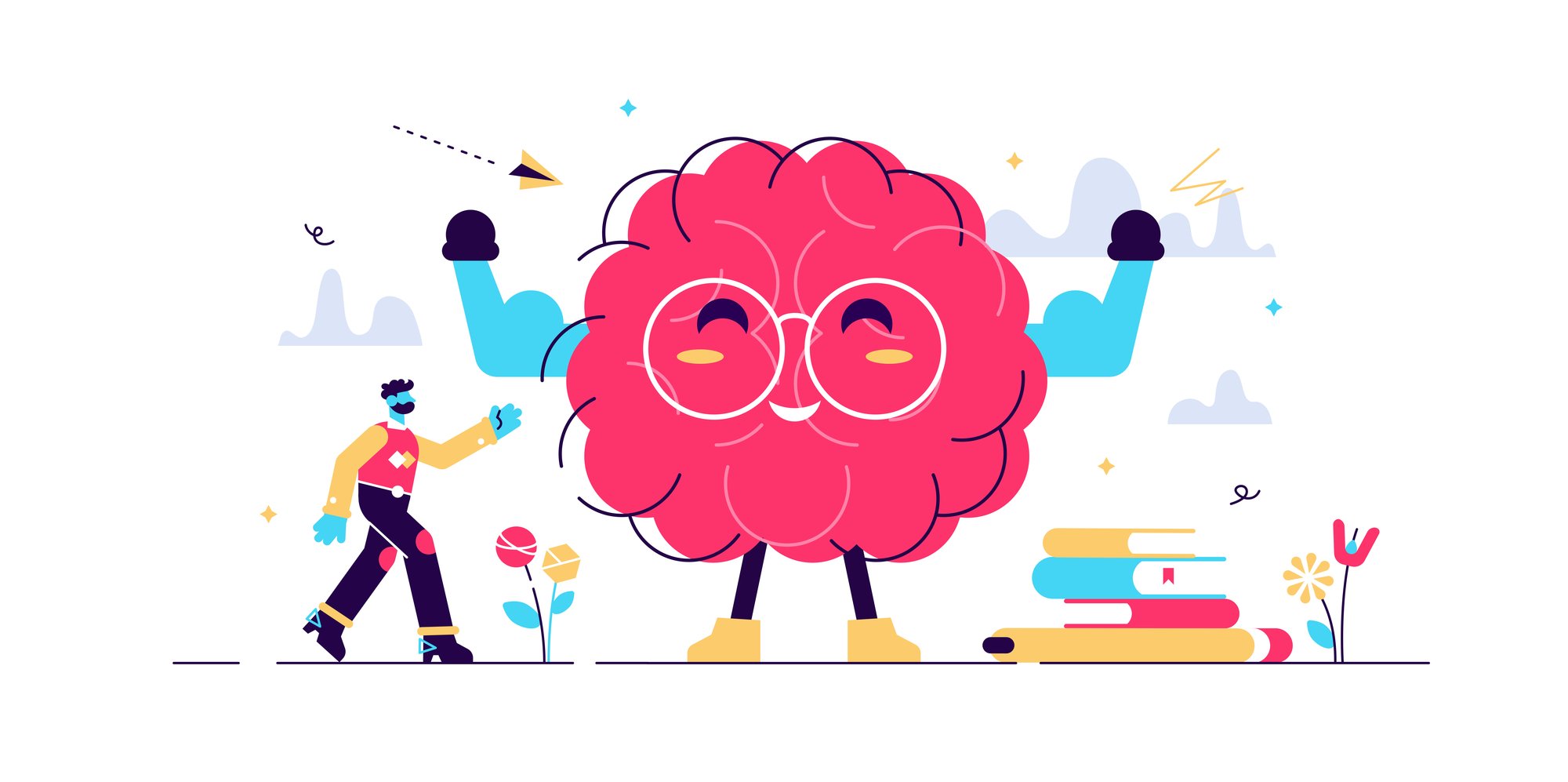
Strengths are ways of doing and being that help us accomplish things faster, or more easily, or achieve better results, and/or have more fun in the process.
Our individual strengths help set us apart from others.
VIA Character Strengths have been pretty well researched, so we can make some predictions about how they might show up in coaching. One prediction is that whatever your top strengths are, they can help you coach more effectively, especially if you practice coaching with them until you obtain mastery. This makes more sense than trying to mold yourself into coaching like someone else, even someone who you think is masterful.
Curious how your top strengths can help you coach more effectively?
Here's how each of the 24 Character Strengths can help you coach more effectively.
- Creativity helps you stay open to new ways of being and doing and modeling that for your clients can help them prevent narrow mindsets that keep them stuck.
- Curiosity helps you stay present throughout the coaching session. That's the only time you can coach!
- Judgment may help prevent your client from jumping down the rabbit hole of narrow decision making because you can assist them in thinking through all sides.
- Love of Learning will inspire you to practice and learn ever more about your strengths, without which you won't master your strengths enough to be an effective coach.
- Perspective can prevent you from getting mired in the details of your client's complaints and it can help you reframe their stories so clients get the outcomes they want.
- Bravery will prevent you staying quiet when you need to ask an uncomfortable question.
- Perseverance helps you stay supportive with the client who is growing, but at a snail's pace. Sometimes, great clients need to go slow.
- Honesty helps you honor your ethics and integrity. Without them, you'll fail to achieve the foundation of coaching, which is trusting relationships with your clients.
- Zest prevents low-energy coaching sessions that don't inspire. Actually, the coach who uses their own strengths to coach is more zesty even if Zest isn't one of them.
- Love will stop you from coming across cold or disconnected which blocks effective coaching.
- Kindness helps you communicate tough information in ways your client can hear. Don't be a sledgehammer coach.
- Social Intelligence helps prevent disconnects with your clients, because you can fathom what's going on with them even if they can't articulate it, yet.
- Teamwork will stop you from thinking for your client, or making plans without their input, which is never helpful.
- Fairness helps you put your biases aside or at least admit them to the client so they can decide how to proceed.
- Leadership prevents passive coaching. Your clients need your positive input.
- Forgiveness helps you accept your clients' humanity. They can't be superheroes all the time.
- Humility can help you avoid competing with your client, or pretending to be the expert, because your ego is out of the way.
- Prudence helps you choose your words carefully so they have optimum impact. Because confusing your clients with messy communication just wastes their time.
- Self-Regulation can help you stay quiet when you think you know the answers.
- Appreciation of Beauty & Excellence helps you notice when your client is doing great work even when they think it's not much. Nothing is more validating than a genuine note of awe in your voice.
- Gratitude stops you from taking your clients for granted because you appreciate the honor of assisting someone to be their best.
- Hope gives you faith and stops you from focusing on problems instead of solutions and opportunities.
- Humor prevents the conversation from getting heavy. That just makes things too hard.
- Spirituality brings meaning and purpose into the conversation. Without them, what's the point of coaching?
All 24 Character Strengths can help you coach. Whichever top strengths are yours, they provide the juiciest possibilities for you, especially when you are starting your learning journey.
Want to discover your strengths and learn to coach with them from the very start?
It's the fastest road to mastery, but most schools won't start your training this way. Take the course that's designed to start your coaching journey with your own strengths, values, and vision. Live classes start soon; you can get early access to resources; and their is still time to save on this valuable course.
Get started now!





















